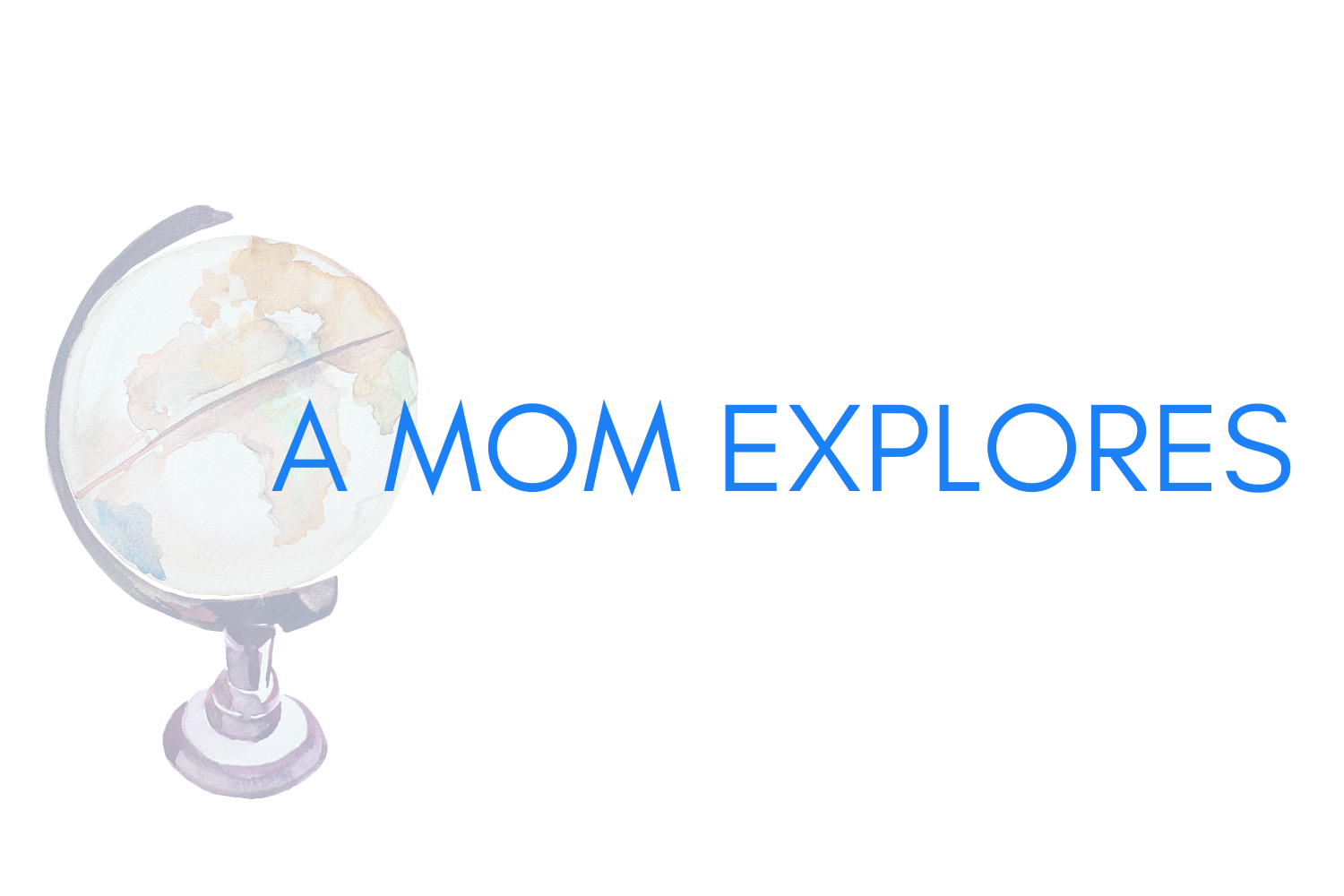curing monolingualism
As Pippa begins to vocalize more and more each day, I have become fascinated with infant linguistic development, especially given that I'm working on raising her to be bilingual.
Each time she utters a new sound, my inner linguist can't help but analyze. Was that merely a repetitive babble? Or is she early to the protoword party? (In other words, is she just babbling dadadada or is she labeling her father as dada?)
Her brain is taking in so much information, and soon she will even begin to distinguish between English and Spanish based on word length, pitch, and phonetic sounds. I can't help but want to take notes on her linguistic development as my own personal form of research on bilingualism.
The more research I do, the more I am convinced and motivated to continue down this path. The benefits both now and in the future of a bilingual brain are astounding. Babies who are raised in 2 or more languages are labeled more "cognitively flexible" than monolingual infants. Those who speak more than one language have an advantage in critical thinking and staving off diseases like Alzheimer's. The truth is that even her English skills will be strengthened by knowing another language. I know mine were - even if my spelling abilities went downhill fast.
Not everyone is as excited as I am about bilingualism, though. For some reason, there seems to be a prevailing attitude in our nation that English and only English is best. I mean, I completely support knowing or learning the dominant language of the place where you live, but only positive things can arise from maintaining the heritage language of the many immigrant cultures that exist in our country. The majority of people living here have ancestors or even immediate family that hail from a country that speaks a language other than English. Wouldn't it be amazing if each of these families passed down that language while still maintaining English?
Anyway, in my internet adventures and "research" on this topic, I stumbled across this TED talk that basically says everything on this topic. If you are considering bi- or multilingualism for yourself or a child - do it! And if I haven't convinced you, I'll let Kim Potowski take it from here. Enjoy!
Each time she utters a new sound, my inner linguist can't help but analyze. Was that merely a repetitive babble? Or is she early to the protoword party? (In other words, is she just babbling dadadada or is she labeling her father as dada?)
Her brain is taking in so much information, and soon she will even begin to distinguish between English and Spanish based on word length, pitch, and phonetic sounds. I can't help but want to take notes on her linguistic development as my own personal form of research on bilingualism.
The more research I do, the more I am convinced and motivated to continue down this path. The benefits both now and in the future of a bilingual brain are astounding. Babies who are raised in 2 or more languages are labeled more "cognitively flexible" than monolingual infants. Those who speak more than one language have an advantage in critical thinking and staving off diseases like Alzheimer's. The truth is that even her English skills will be strengthened by knowing another language. I know mine were - even if my spelling abilities went downhill fast.
Not everyone is as excited as I am about bilingualism, though. For some reason, there seems to be a prevailing attitude in our nation that English and only English is best. I mean, I completely support knowing or learning the dominant language of the place where you live, but only positive things can arise from maintaining the heritage language of the many immigrant cultures that exist in our country. The majority of people living here have ancestors or even immediate family that hail from a country that speaks a language other than English. Wouldn't it be amazing if each of these families passed down that language while still maintaining English?
Anyway, in my internet adventures and "research" on this topic, I stumbled across this TED talk that basically says everything on this topic. If you are considering bi- or multilingualism for yourself or a child - do it! And if I haven't convinced you, I'll let Kim Potowski take it from here. Enjoy!
